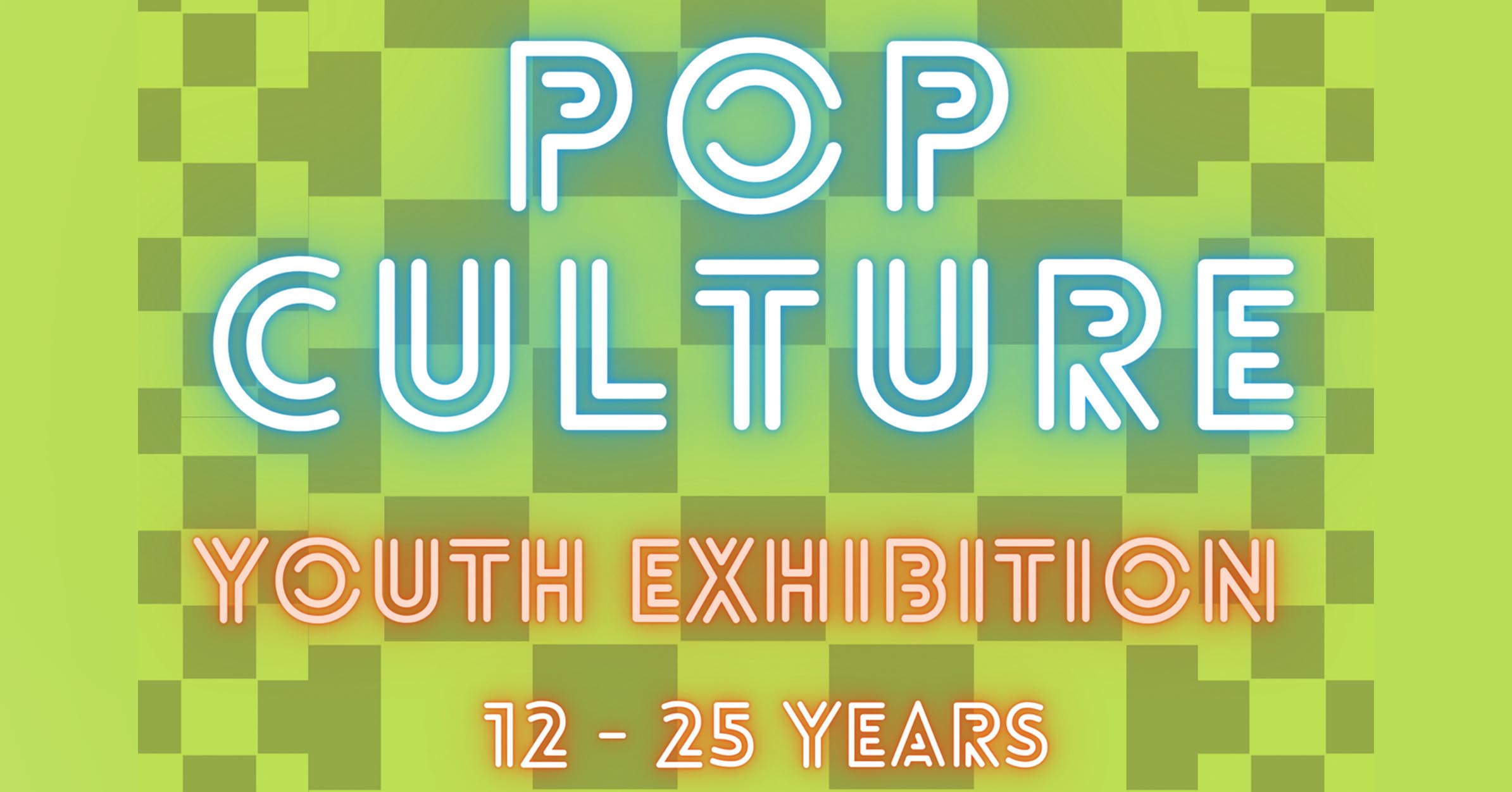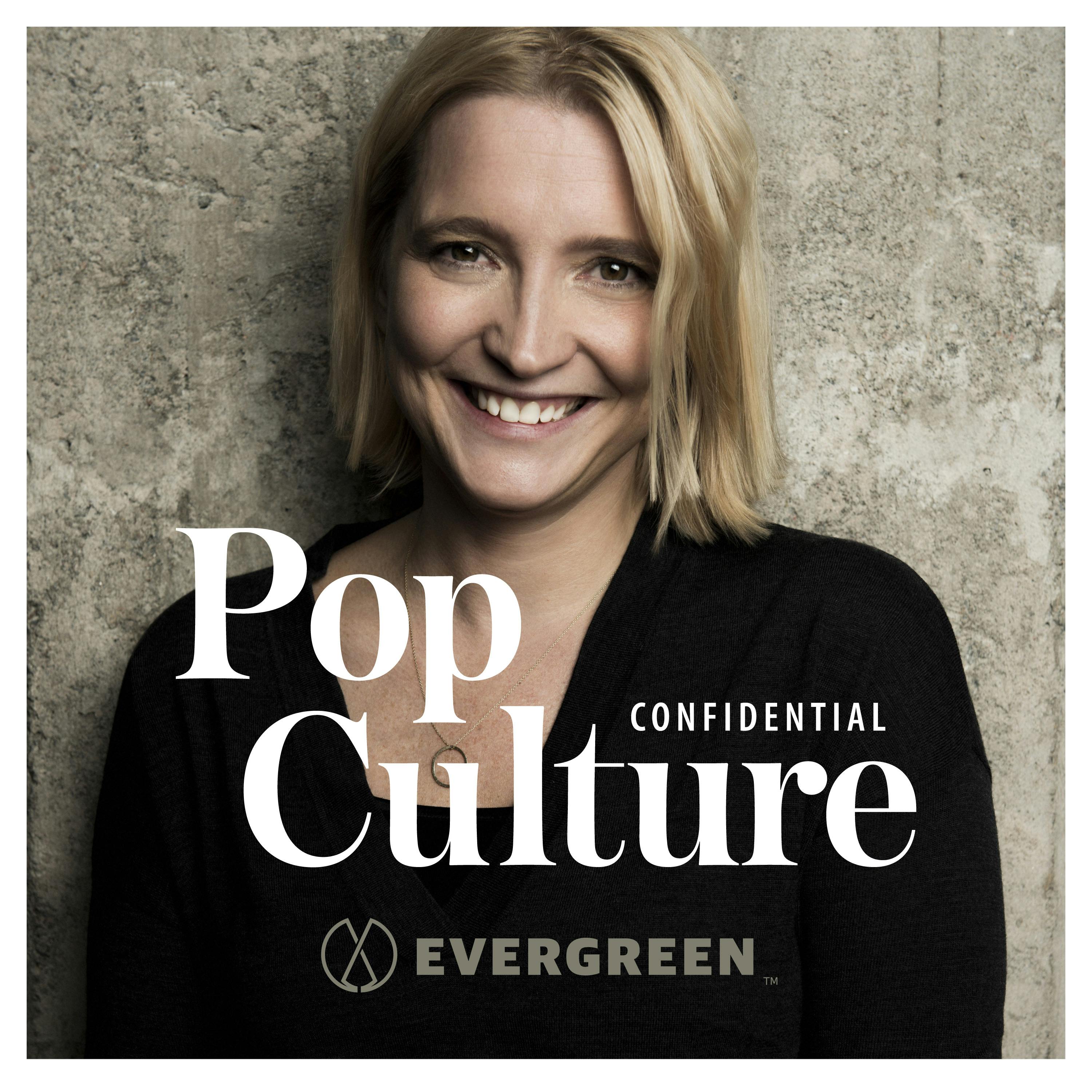Pop culture is like the heartbeat of our society, pulsing with energy and constantly evolving. It's not just music or movies; it's a reflection of who we are, what we care about, and how we connect with each other. From viral TikToks to blockbuster films, pop culture shapes our world in ways we might not even realize. And hey, let's be honest—it's kinda hard to escape its influence, right? Whether you're scrolling through Instagram or catching up on Netflix, pop culture is everywhere, and it's here to stay.
You might be wondering, why does pop culture matter so much? Well, it's more than just entertainment. It's a mirror that reflects the values, trends, and even the struggles of our time. It helps us understand each other better, breaks down barriers, and sometimes, it even sparks important conversations about social issues. Think about it—how many times have you seen a celebrity use their platform to talk about climate change or mental health? That's pop culture in action, folks.
Now, before we dive deeper into the world of pop culture, let me ask you something: when was the last time you found yourself humming a song you didn't even know you liked? Or maybe you caught yourself quoting a line from a movie you watched years ago. That's the magic of pop culture—it sticks with you, whether you like it or not. So, buckle up, because we're about to explore the ins and outs of this fascinating phenomenon.
- Lewis Gislason The Visionary Entrepreneur Changing The Business Landscape
- Celebrity News2 The Latest Buzz On Your Favorite Stars
What Exactly Is Pop Culture?
Pop culture, short for popular culture, refers to the cultural activities, products, and ideas that are popular among the masses. It's like the big umbrella that covers everything from music and movies to fashion and social media trends. But here's the kicker—it's not just about what's trendy today; pop culture has been around for centuries, evolving with each generation.
Back in the day, pop culture was shaped by radio, television, and print media. But fast forward to today, and the game has completely changed. The internet, social media, and streaming platforms have made it easier than ever for people to access and share pop culture content. It's like a global party where everyone's invited, and the guest list keeps growing.
Key Elements of Pop Culture
So, what makes up pop culture? Let's break it down into some key elements:
- Miu Shiromine Bio Facts Your Ultimate Guide To The Rising Star
- Interviews And Exclusives Unlocking The Behindthescenes Magic
- Music: From Beyoncé to BTS, music is a huge part of pop culture. It sets the mood, tells stories, and sometimes even sparks movements.
- Movies and TV Shows: Think about shows like "Stranger Things" or movies like "Avengers: Endgame." They're not just entertainment—they're cultural phenomena.
- Social Media: Platforms like Instagram, TikTok, and Twitter are the new playgrounds for pop culture. They're where trends are born and memes go viral.
- Fashion: Fashion is a form of self-expression, and pop culture has a massive influence on what we wear. Remember when bucket hats made a comeback? Yeah, that's pop culture in action.
How Pop Culture Shapes Our Lives
Pop culture doesn't just entertain us—it shapes the way we think, feel, and interact with the world. It influences our fashion choices, our language, and even our values. For example, have you noticed how many people are now using terms like "cancel culture" or "toxic masculinity"? Those phrases didn't just appear out of thin air; they're products of pop culture discussions.
Moreover, pop culture has a way of bringing people together. Think about fan communities that form around a favorite TV show or a beloved artist. These communities create a sense of belonging and connection, which is especially important in today's fast-paced world.
Pop Culture and Identity
Pop culture plays a significant role in shaping our identities. It gives us a way to express ourselves and connect with others who share similar interests. Whether it's through the music we listen to or the movies we watch, pop culture helps us define who we are and where we fit in the world.
But here's the thing—it's not just about individual identity. Pop culture also shapes collective identities, like national or cultural identities. For example, K-pop has become a global phenomenon, and it's helping to spread Korean culture around the world. That's the power of pop culture—it can transcend borders and bring people together.
The Evolution of Pop Culture
Pop culture has come a long way since the days of Elvis and Marilyn Monroe. With the rise of the internet and social media, it's more diverse and inclusive than ever before. But how did we get here? Let's take a quick trip down memory lane.
In the 20th century, pop culture was largely shaped by Hollywood and the music industry. Think about the influence of The Beatles or the impact of films like "Star Wars." But as technology advanced, so did pop culture. The internet gave people a platform to create and share content, leading to the rise of influencers, YouTubers, and TikTok stars.
Trends in Pop Culture
Pop culture is all about trends, and they come and go faster than ever before. Here are a few trends that have shaped pop culture in recent years:
- Viral Challenges: Remember the Ice Bucket Challenge or the ALS Challenge? These viral challenges not only entertained us but also raised awareness for important causes.
- Diversity and Representation: There's been a growing demand for more diversity and representation in pop culture. People want to see themselves reflected in the media they consume.
- Sustainability: With climate change becoming a pressing issue, sustainability has become a big trend in pop culture. Brands are now focusing on eco-friendly practices, and consumers are rewarding them for it.
Pop Culture and Social Issues
Pop culture isn't just about entertainment—it's also a powerful tool for addressing social issues. Celebrities and influencers use their platforms to raise awareness about topics like mental health, climate change, and racial inequality. And let's be real—sometimes a celebrity tweet can spark a bigger conversation than a news article.
But it's not just celebrities who are making a difference. Regular people are using social media to share their stories and experiences, creating a wave of grassroots activism. For example, the #MeToo movement started as a hashtag but quickly became a global movement, shining a light on issues of sexual harassment and assault.
Impact of Pop Culture on Social Change
Pop culture has the power to drive social change by amplifying voices that might otherwise go unheard. It can break down stereotypes, challenge norms, and inspire action. For example, the success of movies like "Black Panther" and "Crazy Rich Asians" has shown that diverse stories can resonate with audiences worldwide.
But with great power comes great responsibility. Pop culture creators need to be mindful of the messages they're sending and the impact they're having. It's not just about making a buck—it's about making a difference.
Pop Culture and Mental Health
Mental health is a topic that's increasingly being discussed in pop culture. Celebrities are opening up about their struggles with anxiety, depression, and other mental health issues, helping to reduce the stigma surrounding these topics. And let's not forget about the role of social media in mental health.
While social media can be a great platform for connection and support, it can also have negative effects on mental health. The pressure to present a "perfect" life online can lead to feelings of inadequacy and anxiety. That's why it's important to consume pop culture mindfully and take breaks when needed.
Tips for Navigating Pop Culture and Mental Health
Here are a few tips for navigating the world of pop culture while taking care of your mental health:
- Set Boundaries: It's okay to take a break from social media or limit your screen time. Your mental health comes first.
- Seek Positive Content: Surround yourself with content that makes you feel good and uplifts you.
- Engage in Meaningful Conversations: Use pop culture as a starting point for meaningful discussions about mental health and other important topics.
The Business of Pop Culture
Pop culture is big business, and it's only getting bigger. From music streaming services to streaming platforms like Netflix, companies are investing heavily in pop culture content. And why not? It's a goldmine of opportunities for brands looking to connect with consumers.
But it's not just about making money. Brands are also using pop culture to create meaningful connections with their audiences. For example, Nike's collaboration with Colin Kaepernick sparked a national conversation about social justice, and it also boosted their brand image.
Marketing and Pop Culture
Marketing and pop culture go hand in hand. Brands are constantly looking for ways to tap into pop culture trends to reach their target audiences. Whether it's through influencer partnerships or viral marketing campaigns, pop culture is a powerful tool for marketers.
But again, with great power comes great responsibility. Brands need to be authentic in their approach and avoid coming across as opportunistic. Consumers can spot a fake a mile away, and they won't hesitate to call it out.
Pop Culture and Technology
Technology has completely transformed pop culture. From streaming services to virtual reality, it's opened up new possibilities for how we consume and interact with content. But what does the future hold for pop culture and technology?
As technology continues to evolve, we can expect even more innovation in the world of pop culture. Imagine watching a movie where you can interact with the characters or attend a concert from the comfort of your own home. The possibilities are endless.
Emerging Technologies in Pop Culture
Here are a few emerging technologies that are shaping the future of pop culture:
- Virtual Reality: VR is already being used in gaming and entertainment, and it's only going to become more immersive.
- Artificial Intelligence: AI is being used to create personalized content and even generate new forms of art.
- Augmented Reality: AR is being used in everything from gaming to fashion, enhancing our real-world experiences.
Conclusion
Pop culture is more than just entertainment—it's a reflection of who we are and where we're headed. It shapes our identities, influences our values, and even drives social change. Whether you're a fan of music, movies, or social media, pop culture is a part of your life in some way.
So, the next time you find yourself humming a song or quoting a movie, remember that you're part of something bigger. Pop culture is a global phenomenon that connects us all, and it's here to stay. And hey, why not join the conversation? Leave a comment, share this article, or dive deeper into the world of pop culture. After all, it's the heart of our society, and it's worth exploring.
Table of Contents:
- Pop Culture: A Journey Through the Heart of Modern Society
- What Exactly Is Pop Culture?
- Key Elements of Pop Culture
- How Pop Culture Shapes Our Lives
- Pop Culture and Identity
- The Evolution of Pop Culture
- Trends in Pop Culture
- Pop Culture and Social Issues
- Impact of Pop Culture on Social Change
- Pop Culture and Mental Health
- Tips for Navigating Pop Culture and Mental Health
- The Business of Pop Culture
- Marketing and Pop Culture
- Pop Culture and Technology
- Emerging Technologies in Pop Culture
- Lewis Gislason The Visionary Entrepreneur Changing The Business Landscape
- No Results Find Investing Answers At 5starsstockscom Your Ultimate Guide


